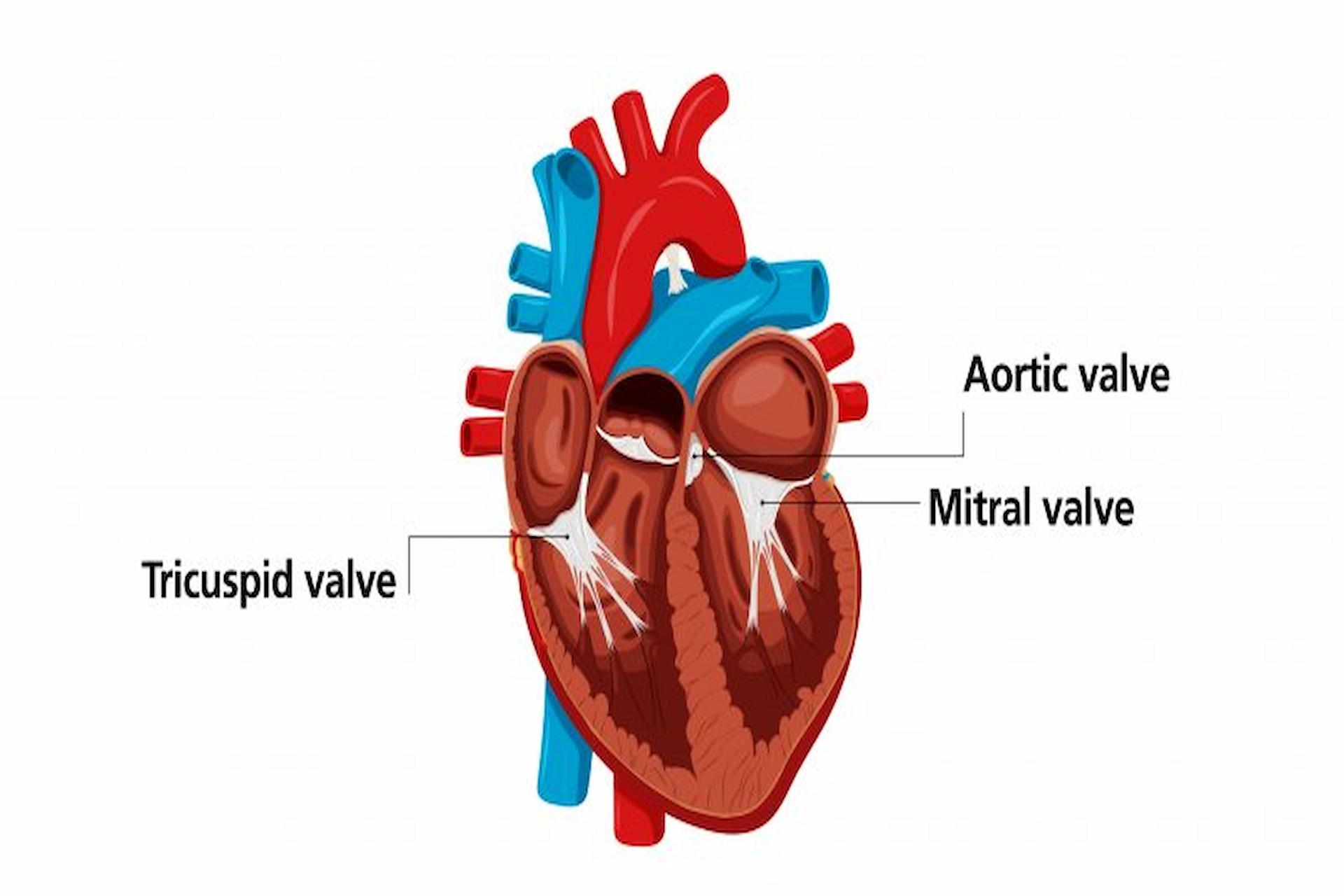Tips on Identifying Valve Disorders

We’ll delve into valve disorders and explore valuable tips on identifying them. Our hearts are the lifeblood of our bodies, and it’s crucial to keep them healthy. By understanding the signs and symptoms of valve disorders, we can take proactive steps to maintain our heart health and ensure a vibrant, active life. Join us on this journey as we learn how to identify valve disorders and prioritise our heart’s well-being.
Understanding Valve Disorders
Valve disorders occur when there are abnormalities or malfunctions in the valves that regulate blood flow in our hearts. These valves ensure blood flows in the right direction, keeping our circulatory system running smoothly. One such disorder is mitral valve regurgitation, where the mitral valve doesn’t close properly, leading to a backward blood flow into the heart.
Recognising Symptoms: Now, let’s explore tips to help identify valve disorders, including mitral valve regurgitation.
Shortness of Breath: Feeling breathless, especially during physical exertion or when lying flat, could be a sign of valve disorder. Pay attention to any changes in your breathing patterns and seek medical advice if you notice persistent difficulty catching your breath.
Fatigue and Weakness: Feeling unusually tired or lacking energy, even after enough rest, might indicate a heart valve problem. If you feel constantly tired, it’s worth discussing with your healthcare provider to rule out any underlying issues.
Irregular Heartbeat: Heart palpitations or a sensation of your heart skipping a beat could indicate a valve disorder. Listen to your body and take note if you experience any irregularities in your heart rhythm.
Chest Discomfort: Whereas chest pain is regularly related to a heart attack, it’s critical to note that it can also be a side effect of valve disorders. A healthcare professional should evaluate any persistent chest discomfort or pressure.
Seeking Medical Evaluation
If you experience any of these indications or suspect you will have a valve disorder, it’s pivotal to consult a healthcare expert instantly. They can conduct a careful examination, including listening to your heart sounds and requesting diagnostic tests, such as echocardiography, to evaluate your heart’s structure and work. Remember, early detection and intervention can make a significant difference in managing valve disorders effectively.
Preventive Measures: Here are some lifestyle tips to control valve disorders and promote heart health:
Maintain a Balanced Diet: Focus on a diet rich in natural products, vegetables, whole grains, lean proteins, and solid fats. Limiting salt, sugar, and soaked fats can improve heart health.
Stay Active: Regular physical movements, such as walking, swimming, or cycling, helps keep your heart solid and improve cardiovascular fitness. Counsel your specialist before beginning any workout regimen.
Don’t Smoke: Smoking is a significant risk factor for heart disease and can exacerbate valve disorders. Quitting smoking or avoiding exposure to secondhand smoke is crucial for maintaining a healthy heart.
Conclusion
Our hearts drive our well-being, so paying attention to potential valve disorders is vital. We can effectively identify and manage mitral valve regurgitation. If you lead a heart-healthy lifestyle, incorporating a balanced diet, regular exercise, stress management, and avoiding smoking. Let’s keep our hearts happy.




Leave a Reply
You must be logged in to post a comment.